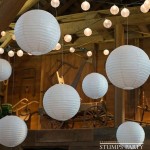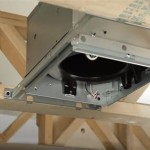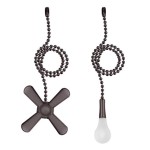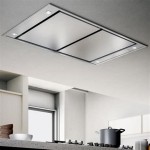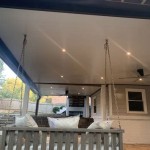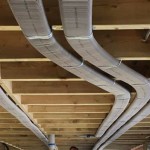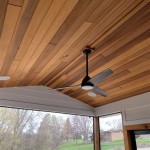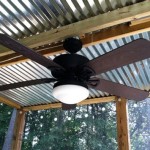Essential Aspects of Utilizing Ceiling Fan Small Wind Turbines
Harnessing the power of nature to generate renewable energy has become increasingly popular, and ceiling fan small wind turbines offer a convenient and effective solution for residential and small-scale applications. These devices harness the kinetic energy of the wind to generate electricity, reducing reliance on traditional energy sources and potentially lowering energy costs.
To fully appreciate the benefits of using ceiling fan small wind turbines, it is essential to understand their key aspects:
1. Energy Efficiency and Generation
Ceiling fan wind turbines are designed to generate electricity at low wind speeds, typically ranging from 8 to 25 miles per hour. They operate quietly and can be mounted directly on the ceiling of a room or building, where they capture air movement. The electricity generated can be used to power appliances, lights, or even charge devices.
2. Size and Aesthetics
Ceiling fan wind turbines are relatively compact, with diameters typically ranging from 24 to 60 inches. This makes them suitable for installation in various indoor spaces, including homes, offices, and small businesses. Their sleek and modern designs complement most interior decor styles, blending seamlessly into the surroundings.
3. Installation and Maintenance
Installing ceiling fan wind turbines is relatively straightforward, requiring minimal technical expertise. They can be connected directly to a standard electrical outlet or grid-tied to an existing electrical system. Regular maintenance is typically limited to cleaning and occasional blade inspections, ensuring optimal performance and longevity.
4. Cost-Effectiveness
While the initial investment in ceiling fan wind turbines can be higher than traditional energy sources, they offer long-term savings on energy bills. The electricity generated by these devices offsets the consumption from the grid, reducing reliance on expensive fossil fuels. Additionally, many government incentives and rebates are available to encourage the adoption of renewable energy systems.
5. Environmental Benefits
Ceiling fan small wind turbines contribute to sustainability by reducing the carbon footprint and reliance on fossil fuel-based energy sources. They generate clean, renewable electricity without producing emissions or noise pollution, promoting a healthier and more sustainable environment.
6. Application Versatility
Ceiling fan wind turbines are not limited to residential settings. They can also be utilized in small commercial spaces, recreational vehicles, boats, and remote locations where access to grid electricity is limited. Their ability to generate electricity from wind power makes them an ideal solution for off-grid applications.
7. Future Enhancements
Research and development efforts are ongoing in the field of ceiling fan small wind turbines, with a focus on improving efficiency, reducing costs, and enhancing aesthetics. Advances in blade design, materials, and control systems aim to further optimize the performance and affordability of these devices.
By understanding these essential aspects, individuals and organizations can make informed decisions about utilizing ceiling fan small wind turbines for their specific energy needs. These devices offer a practical and sustainable approach to generating renewable energy, reducing environmental impact, and potentially saving money on energy costs.

Unusual Use Of Ceiling Fan Blades Making Small Electricity Producing Wind Turbine 6 Steps Instructables

9 Small Wind Turbine For Home Benefits

Mini Ceiling Fan With Intriguing Motor And Wind Turbine Potential

Transform Ceiling Fans Into Wind Turbines Diy Renewable Energy

Turn A Ceiling Fan Into Wind Turbine Almost Aday

How To Make Wind Turbine Generator With Using A Ceiling Fan Diy Free Energy

Finding The Best Energy Efficient Fans For Your Home

Are Vertical Axis Wind Turbines Better

Usb Home Dormitory Mute High Wind Power Mini Fan Six Blade Small Ceiling Style Single
:max_bytes(150000):strip_icc()/SPR-ceiling-fan-rotate-direction-1907533-hero-bdc94bc9b34f4c03aec16d6ac9acd346.jpg?strip=all)
Which Direction Should A Ceiling Fan Rotate
Related Posts

